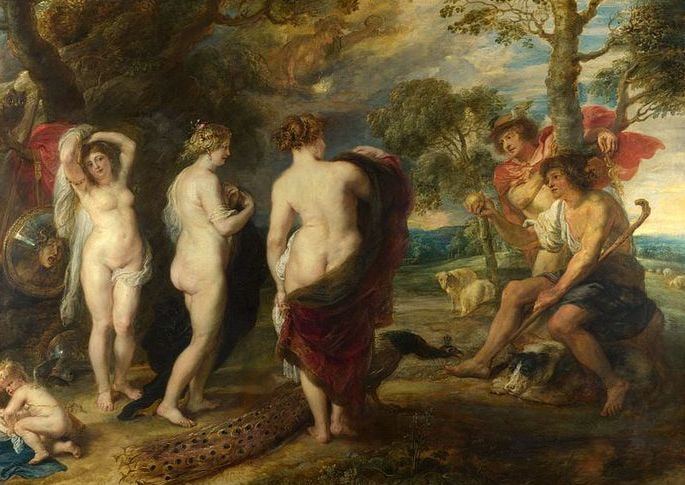He arrived at Batavia, and asked a certain gentleman to take him into his service, which the gentleman did, because Saidjah spoke no Malay—an advantage there, for servants who do not understand that language are not so corrupt as the others, who have been longer in touch with the Europeans. But Saidjah soon learned Malay, though he behaved well, for he always remembered the two buffaloes he was going to buy. He grew tall and strong, because he ate every day—not always the case at Badoer.
In the stable he was liked, and would certainly not have been rejected if he had asked the hand of the coachman`s daughter. His master liked him so much that he soon promoted him to be a house servant, increased his wages, and continually made him presents, to show how pleased he was.
Saidjah`s mistress had read Sue`s novel, so popular for a short while, and always thought of Prince Djalma when she saw Saidjah, and the young girls, too, understood better than before why the Javanese painter, Radeen Saleh, had been so successful at Paris. But they thought Saidjah ungrateful when after almost three years he asked for his dismissal and a certificate of good behaviour. This could not be refused, and Saidjah went on his journey with a joyful heart.
Thirty piastres
He counted the treasures he was carrying home. In a roll of bamboo he had his passport and certificate. In a case fastened to a leather girdle something heavy swung against his shoulder, but he enjoyed the feel of that, and no wonder! What would Adinda say? It contained thirty piastres—enough to buy three buffaloes! Nor was that all: on his back was a silver-covered sheath with his poniard.
The hilt was indeed a fine one, for he had wound it round with a silk wrapper. And he had still more treasures! In the folds of his loin-cloth he kept a belt of silver links with gold clasps. True, the belt was short, but then Adinda was slender! Suspended by a cord round his neck, and under his clothes, he wore a silken bag in which were the withered Melatti leaves.
Is it to be wondered at that he stopped no longer at Sangerang than to visit the acquaintances who made such fine straw hats? That he said so little to the girls on his way who asked him whence he came and where he was going—the usual salutations; that he no longer thought Serang so beautiful (he who had learned to know Batavia); that he no longer hid himself behind the enclosure as he did three years before when he saw the Resident go riding out (he who had seen the much grander Lord at Buitenzorg, grandfather of the Emperor of Solo); that he paid little attention to the tales of those who went part of the way with him and gave news of Bantam-Kidool—is no wonder.
Read More about The Story of Saidjah part 11








